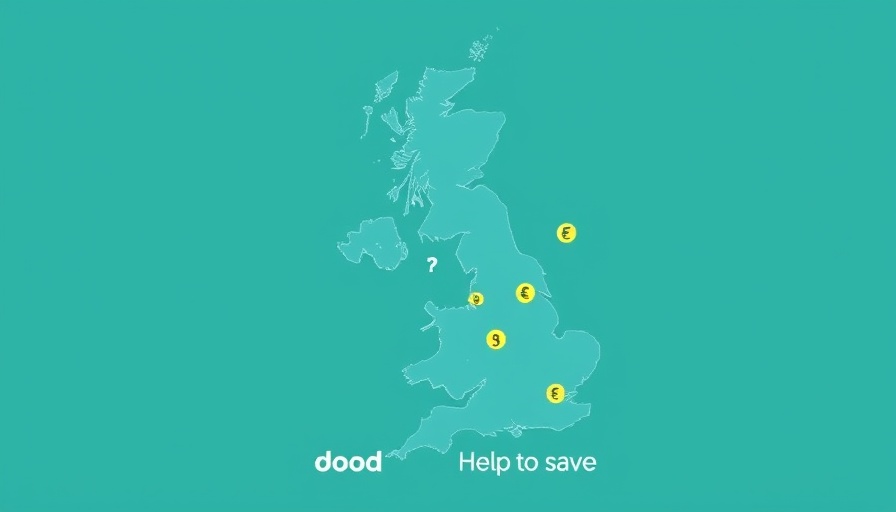
The Benefits of the Help to Save Scheme: Fostering a Culture of Savings
The Help to Save initiative stands as a significant government-backed program aimed at empowering individuals facing financial challenges. Developed for those on low incomes and claiming Universal Credit, the scheme offers an enticing opportunity to build savings with substantial government incentives. Eligible participants can save from £1 to £50 per month and receive a bonus of up to 50% on their total savings—an incredibly supportive measure for many families.
Breaking Down Barriers: Who Can Benefit?
Helpful for individuals who earn as little as £1 a month, the Help to Save scheme is truly accessible. According to resources from MoneyHelper and official government guidelines, anyone meeting this criterion, including couples living together, is eligible to apply. This effort to target those struggling financially enables more families to take control of their finances, fostering a culture of savings that could alter their financial trajectory.
The Alleviation of Financial Strains
In a time marked by economic uncertainties, these bonuses serve not only to encourage saving but also to mitigate the pressures of impending bills. Recent insights point out that the scheme can significantly assist those dealing with housing costs and high living expenses, ultimately allowing individuals to create a safety net for themselves. As the cost of living continues to soar, saving even small amounts can bolster family finances and provide some measure of peace in turbulent times.
Understanding the Practical Application
Applying for the Help to Save scheme is straightforward and can be done entirely online through the Government Gateway. Additional considerations include the need for a UK bank account, as all deposits and bonuses will be paid through it. However, access to customer support for those lacking internet is also provided, highlighting the inclusive nature of the scheme. Furthermore, retaining the account, regardless of changes in circumstances, ensures individuals remain eligible for bonuses, making it a reliable option.
Conclusion: A Call for Further Engagement
The Help to Save initiative undoubtedly presents a robust means for low-income families to enhance financial stability. For financial institutions and service providers, this is an opportunity not just to engage with potential customers but also to contribute positively to community welfare. Encouraging partners and clients to leverage such schemes could yield both financial and social returns, ultimately building a more resilient community.
 Add Row
Add Row  Add
Add 




Write A Comment